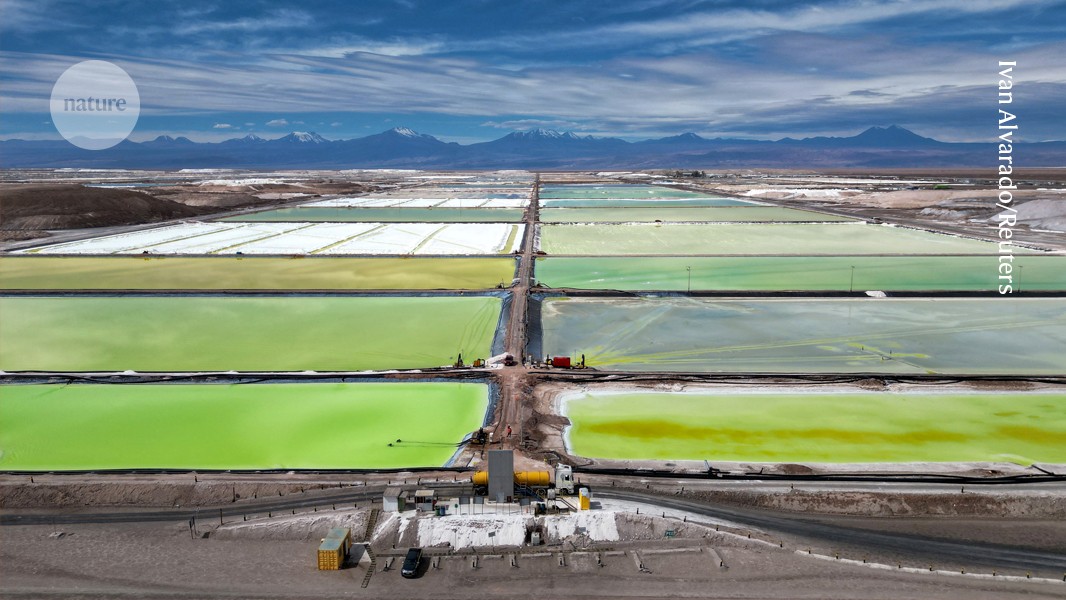
"It was meant to be the world's grand fix for the climate crisis: nations would make their economies greener by transitioning to renewable-energy technologies, electrifying transport and digitalizing the global economy to reduce material use. After years of fraught negotiations, countries agreed to this global transition at a momentous summit in Paris in 2015. But the fix has proved to be more complex."
"In Extraction, an illuminating examination of the emerging renewable economy, political scientist Thea Riofrancos takes a close look at one crucial element: lithium, which is essential for producing batteries and other technologies. Drawing on fieldwork with affected communities and analyses of projections that anticipate a massive increase in mining to propel emerging green technologies, she argues that the narrow focus on emissions has fuelled the illusion of "capitalism without carbon", exposing a moral dilemma at the core of the green transition."
"Riofrancos challenges these assumptions and, working with specialists, models alternatives: more public transport, cycling, walking, denser cities, fewer cars and higher recycling rates. Instead of chasing a single net-zero future, in which the amount of carbon emissions emitted is balanced against the amount removed, she suggests multiple zero-emissions worlds that balance climate goals against the protection of people and ecosystems."
Lithium is essential for batteries that underpin renewable-energy technologies, driving a projected surge in mining to meet green-tech demand. Treating carbon emissions as a primarily technical problem has enabled a narrative of "capitalism without carbon" that overlooks social and ecological costs. Rapid lithium procurement has exposed vulnerable regions to companies behaving like neo-colonial powers, with Chile's Atacama Desert exemplifying historical communities facing extraction pressure. Modeled alternatives include expanding public transport, cycling, walking, denser cities, fewer cars, and higher recycling rates. Multiple zero-emissions pathways are proposed to balance climate goals with protection of people and ecosystems.
Read at Nature
Unable to calculate read time
Collection
[
|
...
]